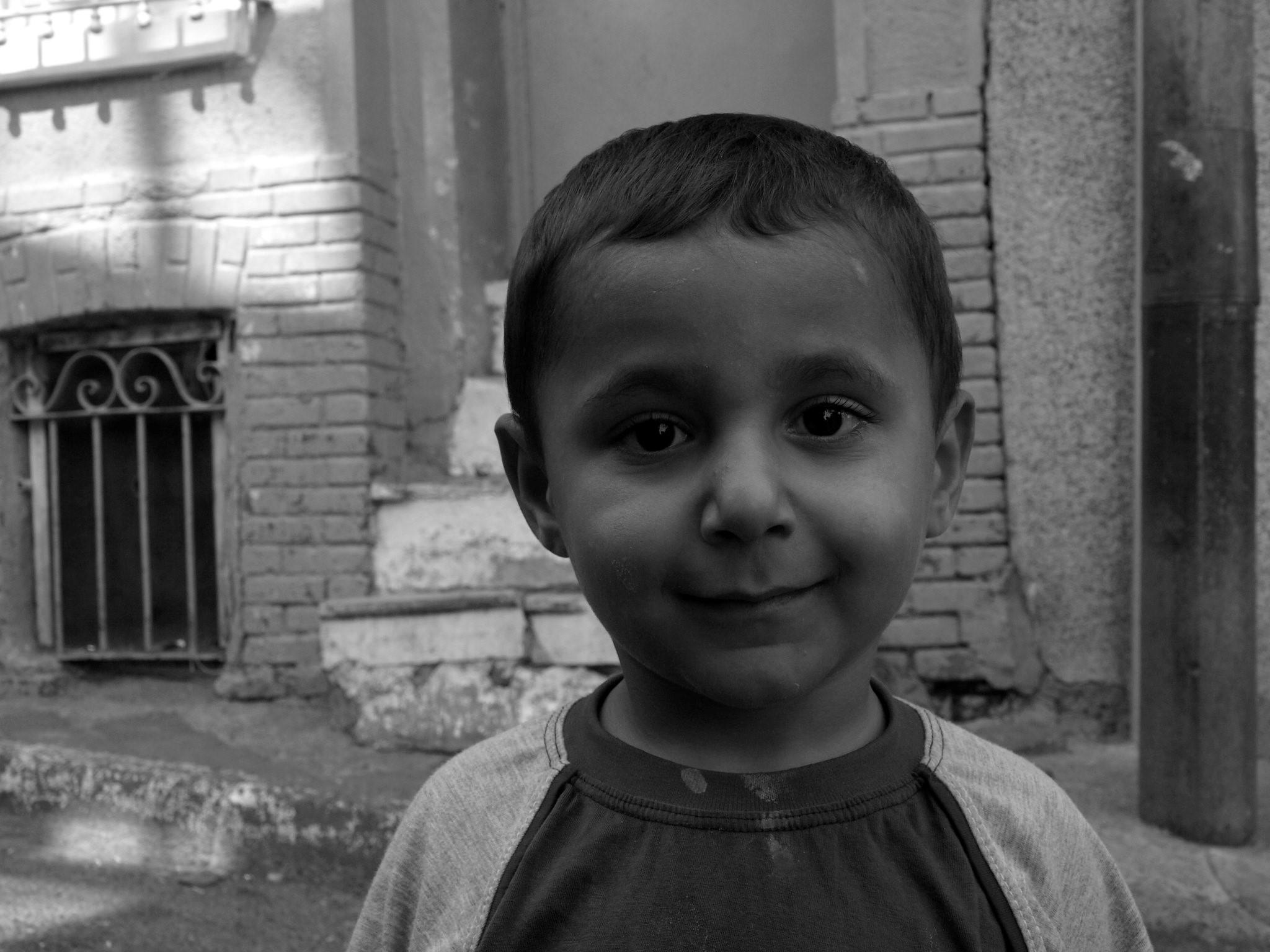In the bustling streets of Istanbul and the quiet villages of Anatolia, a generation is emerging from the shadows of economic turmoil—young shoulders bearing weights far beyond their years. As Turkey’s economic crisis spirals, children are no longer just witnesses but active participants in their families’ daily survival, trading textbooks for part-time jobs and childhood dreams for immediate necessities. This unfolding narrative reveals a stark reality where inflation, skyrocketing living costs, and financial instability are reshaping the very fabric of youth, creating a generation defined not by potential, but by pragmatic resilience. In the bustling streets of Istanbul and the rural landscapes of Anatolia, children are increasingly becoming economic lifelines for their struggling families. Economic turbulence has transformed childhood into a harsh survival mechanism, where young hands now carry the weight of financial desperation.
Inflation rates hovering around 50% have decimated purchasing power, pushing families into unprecedented economic vulnerability. School-aged children, once focused on education and play, now navigate complex economic challenges, taking on jobs that range from street vending to agricultural labor.
Twelve-year-old Mehmet, from a working-class neighborhood in Ankara, spends his afternoons selling water bottles and small trinkets. His meager earnings contribute significantly to his family’s daily survival, a narrative replicated across countless households. These children sacrifice educational opportunities, social development, and childhood innocence.
The structural economic pressures have created a systemic cycle of generational poverty. Young workers earn minimal wages, often less than minimum standards, while simultaneously experiencing interrupted educational trajectories. The Turkish government’s economic policies have inadvertently positioned children as economic assets rather than protected individuals.
Rural communities experience even more pronounced challenges. Agricultural regions witness children replacing traditional workforce members, with families relying on their labor to maintain subsistence farming. These young workers endure physically demanding tasks under challenging environmental conditions.
Psychological impacts extend beyond immediate economic constraints. Children absorbing adult responsibilities experience accelerated emotional maturation, losing critical developmental experiences. Stress, anxiety, and diminished childhood experiences become normalized survival strategies.
Educational institutions struggle to retain students from economically marginalized backgrounds. Dropout rates increase as families prioritize immediate economic survival over long-term educational investments. This trend threatens future workforce capabilities and social mobility.
Gender dynamics further complicate these economic challenges. Young girls often experience disproportionate burdens, balancing domestic responsibilities with economic contributions. Traditional gender expectations intersect with economic pressures, creating complex social dynamics.
International economic observers warn that such systemic youth employment represents more than temporary economic adaptation. It signals deeper structural economic vulnerabilities that could generate long-term societal consequences.
The emerging generation bears unprecedented economic burdens, transforming childhood into a complex negotiation of survival, responsibility, and resilience. Their experiences reflect broader economic instabilities, challenging traditional perceptions of youth, work, and social development in contemporary Turkey.
These young workers are not merely economic participants but living testimonies of economic transformation, navigating unprecedented challenges with remarkable adaptability and strength.











